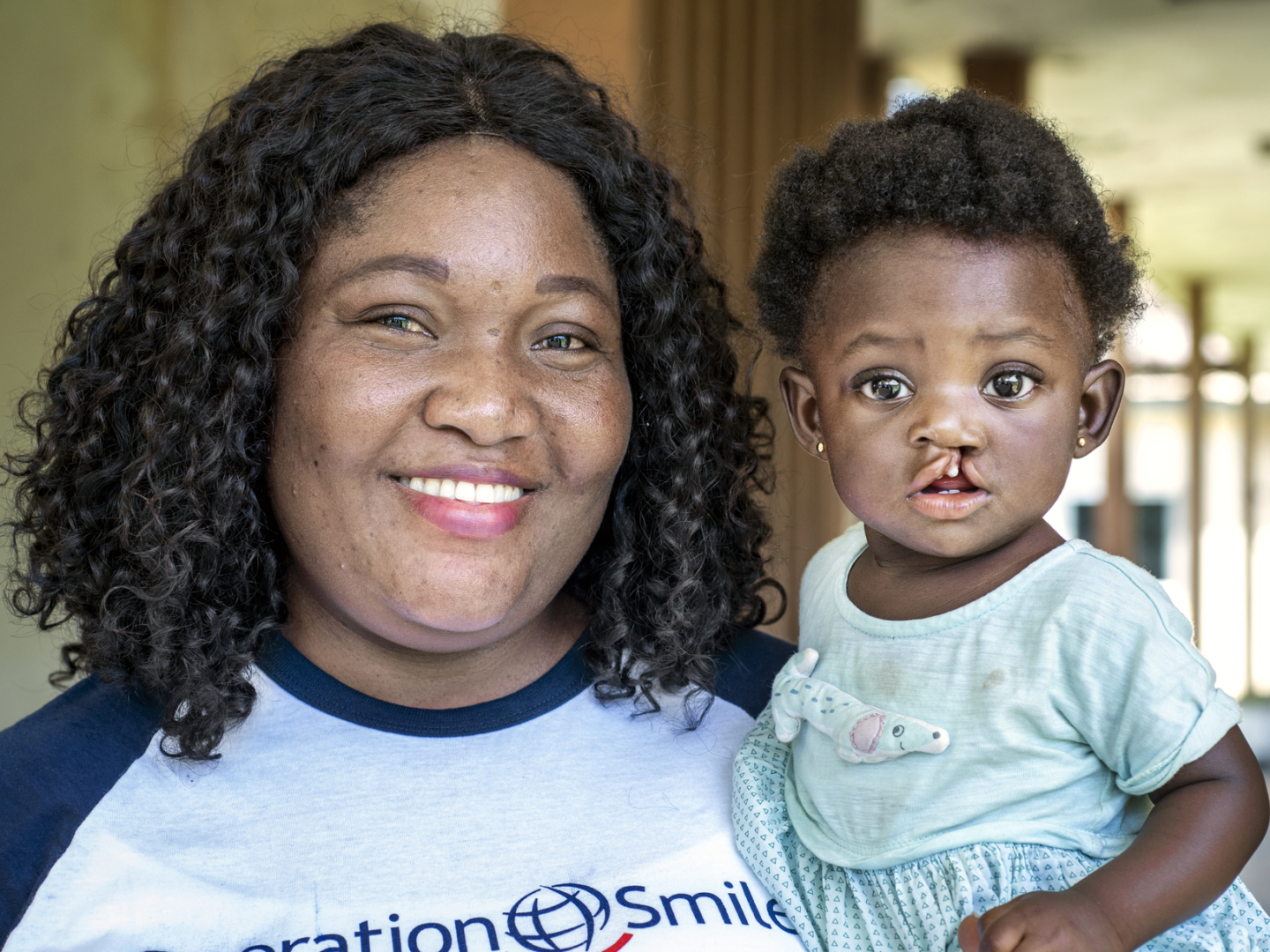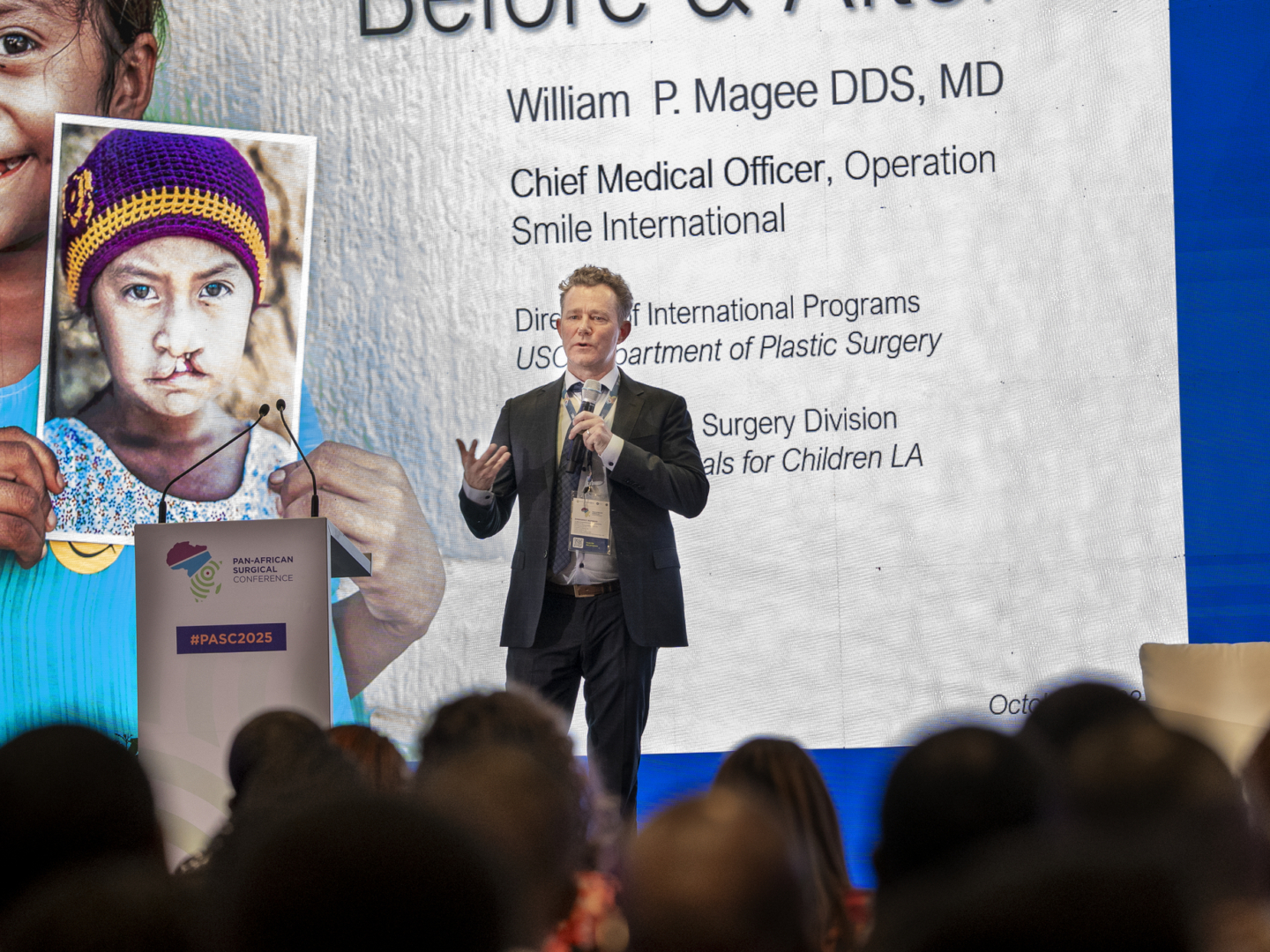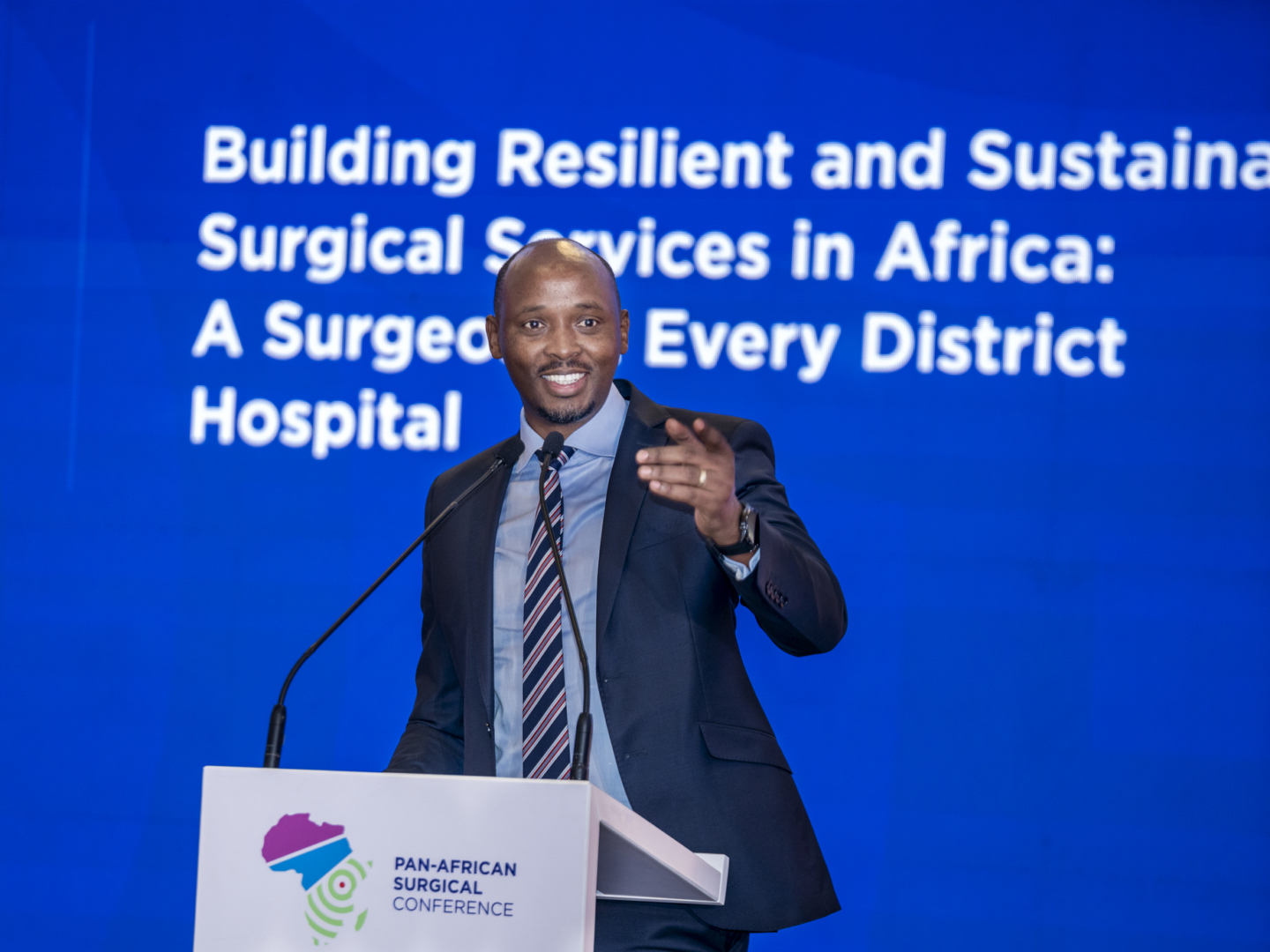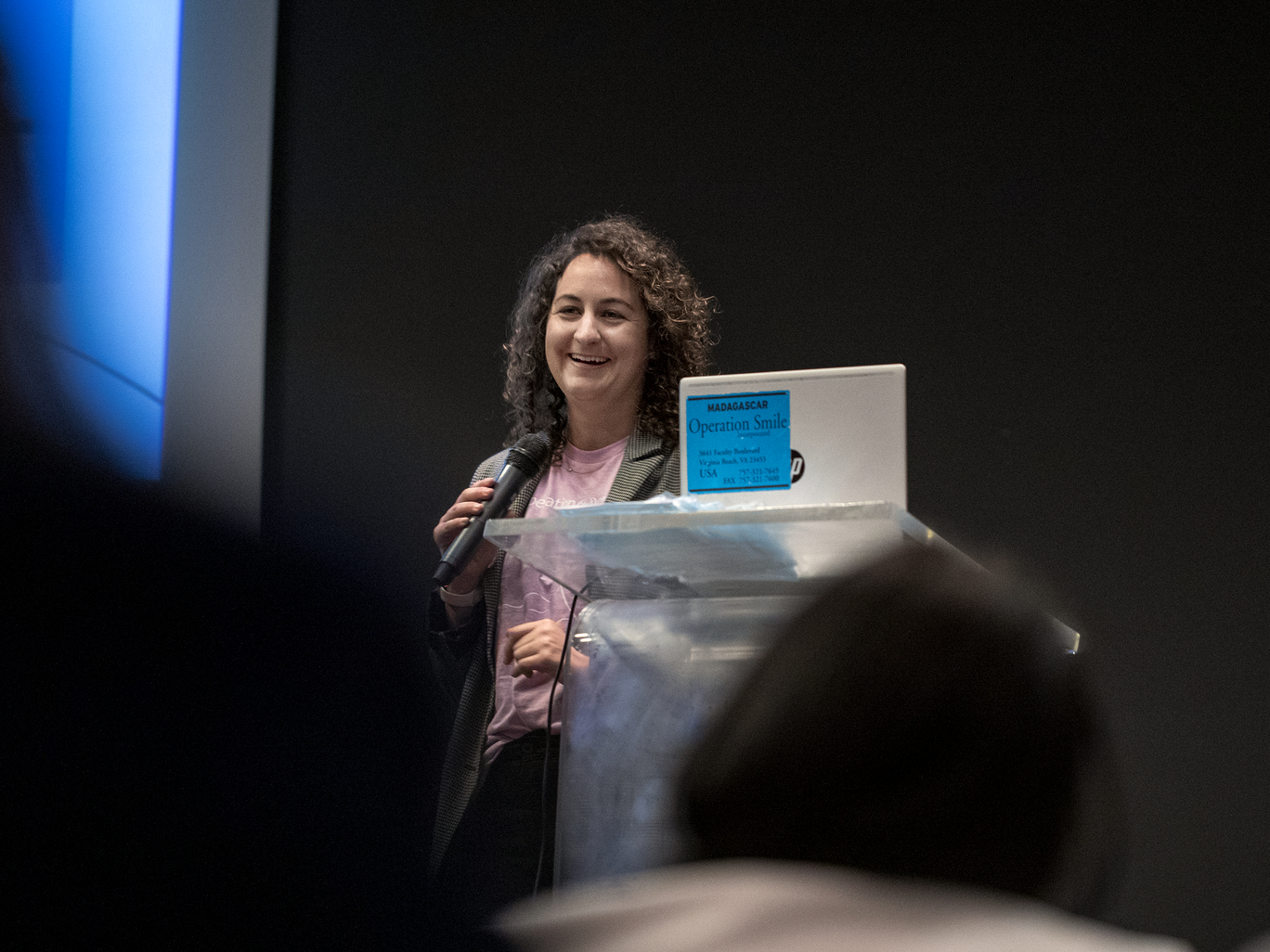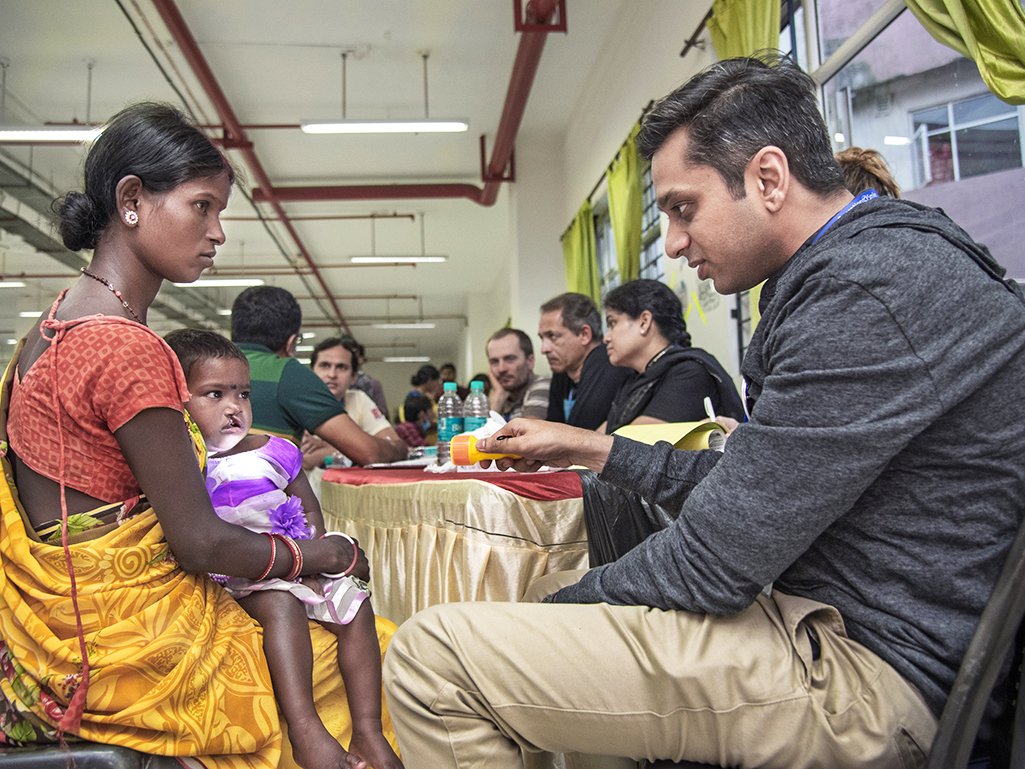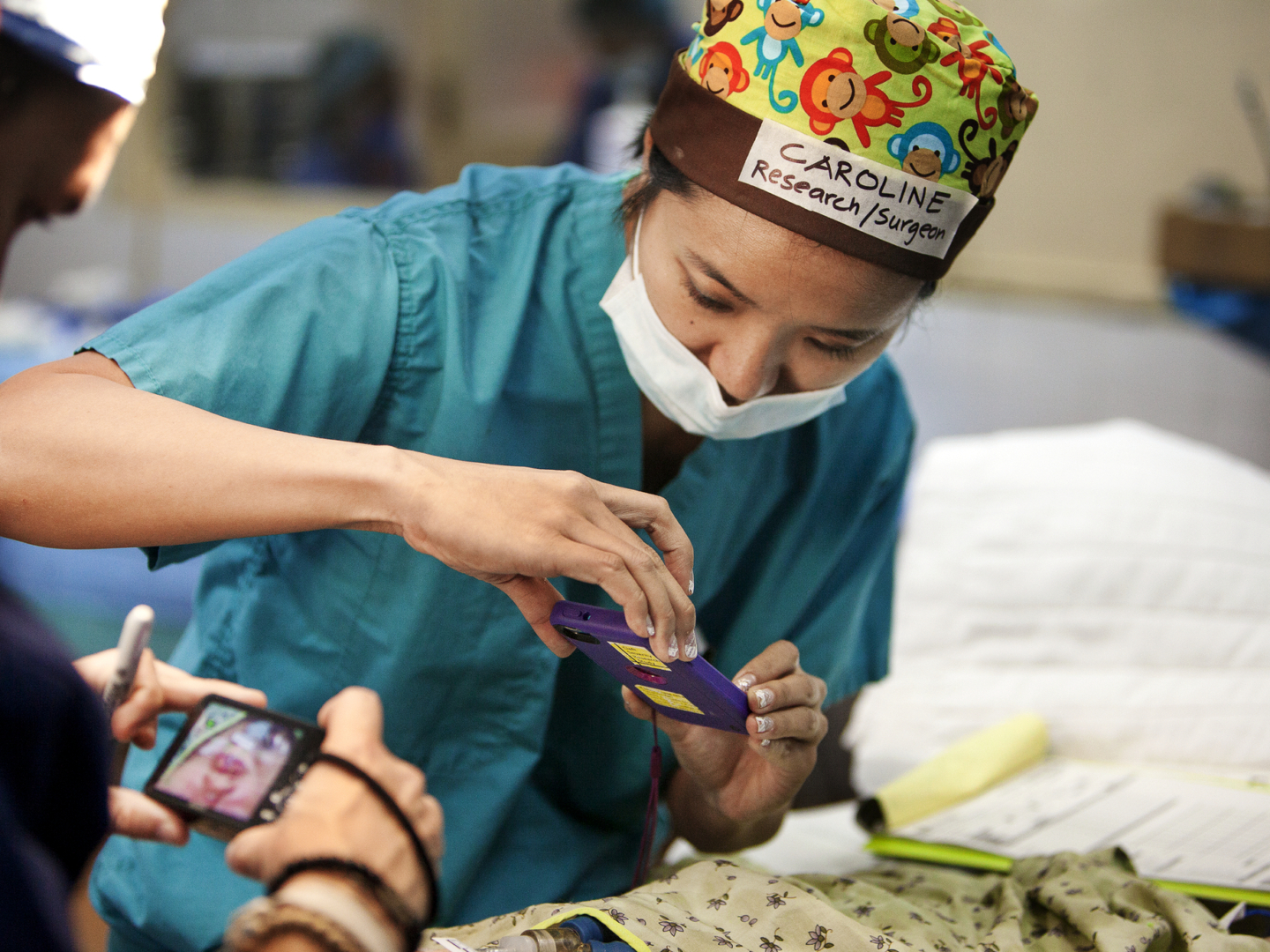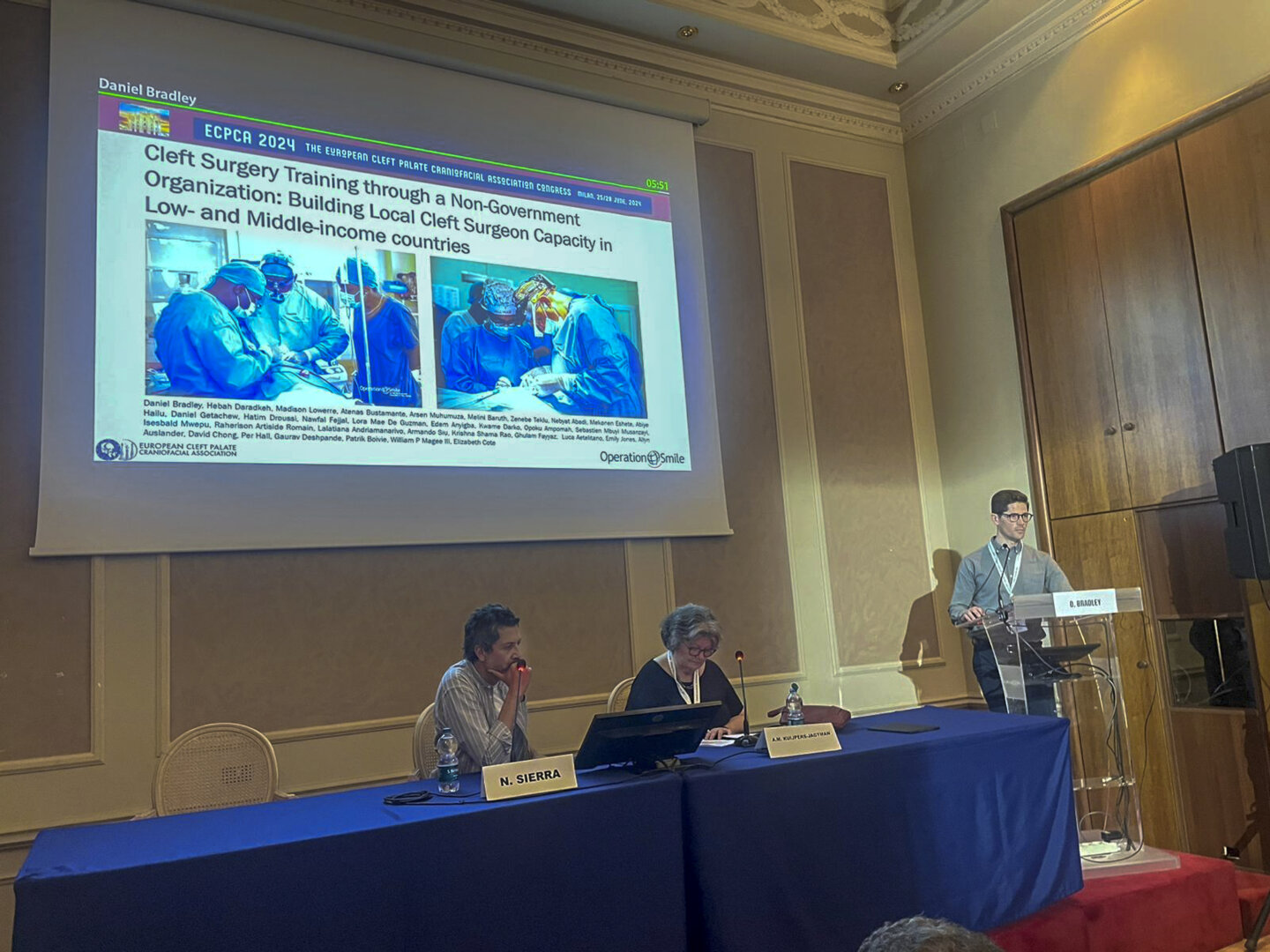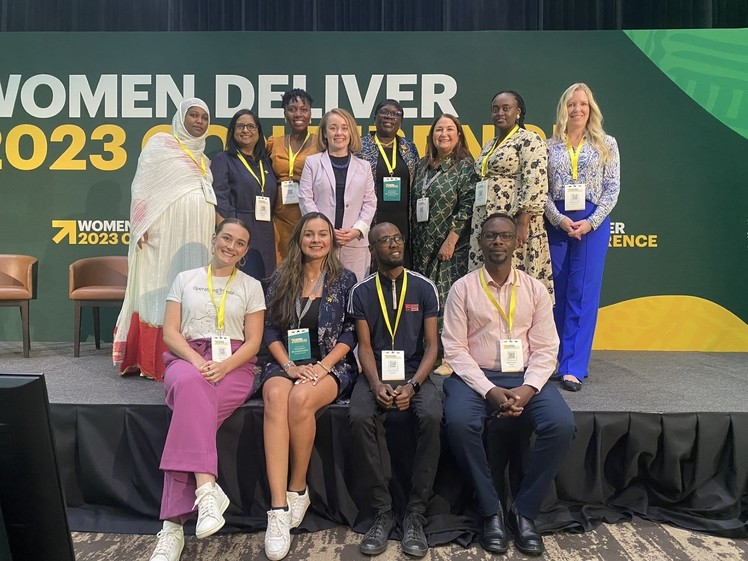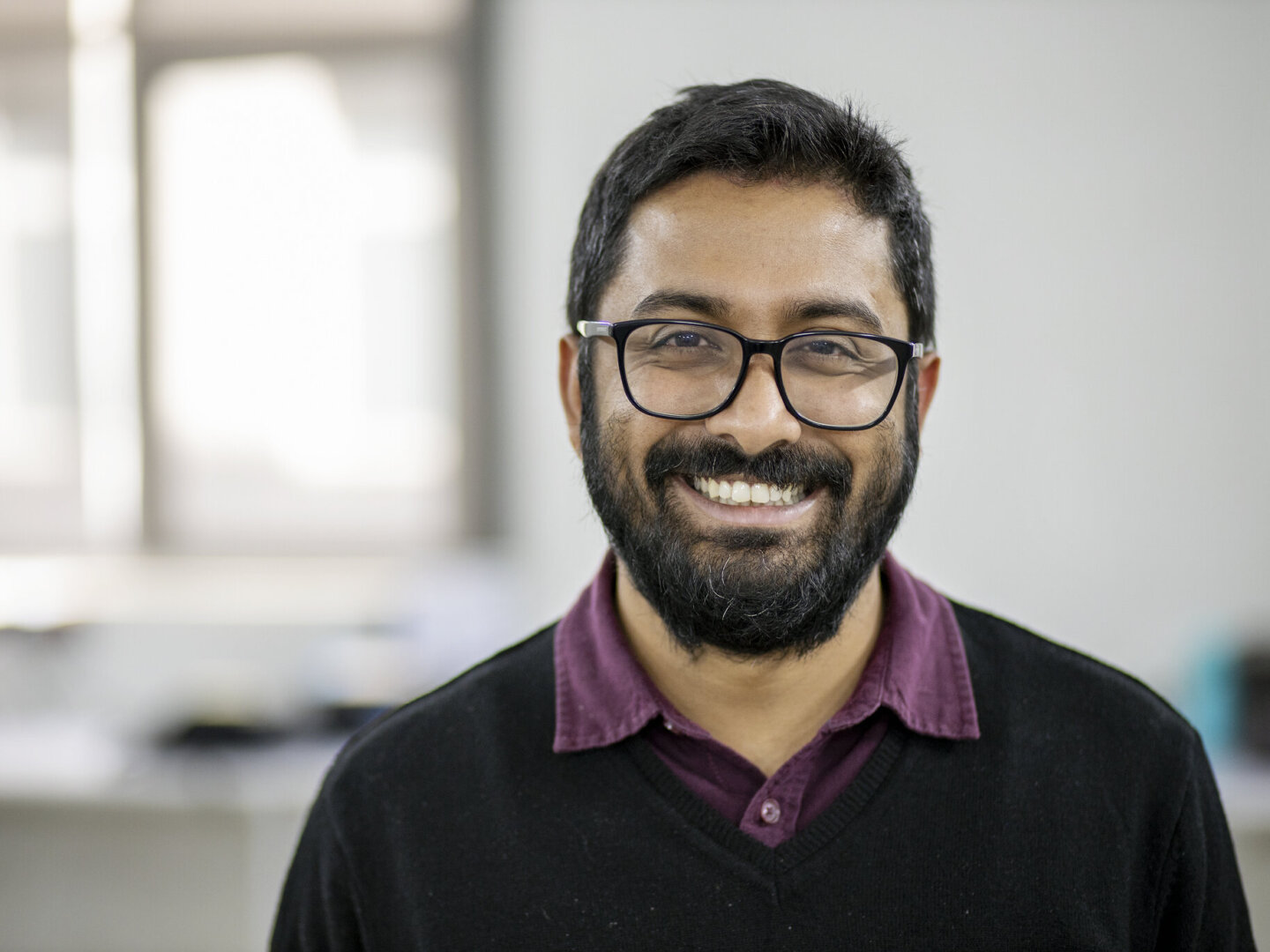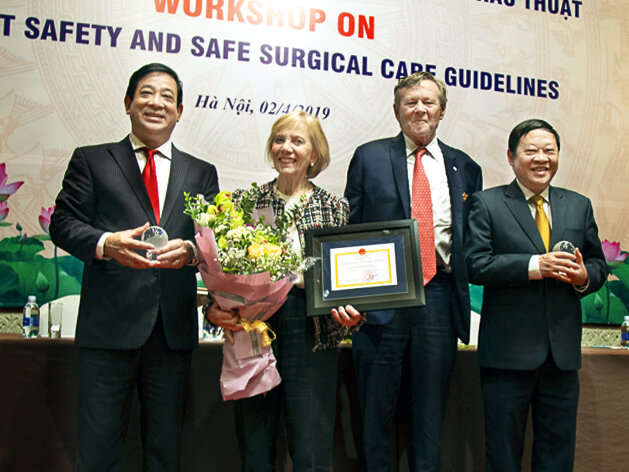Thought Leadership
Using AI to Help Create New Smiles and Rebuild Lives
Operation Smile has teamed up with Microsoft to leverage Artificial Intelligence, allowing surgeons to bring the gold standard of care to even the most remote places in the world.
When Nikuze gave birth to her son, Adolphe, she knew that he was different. The doctors told her that Adolphe would have trouble eating, drinking and smiling. “No mother wants to be told their child can’t smile,” said Nikuze. “As a mother, I love him, but it’s been difficult to witness how people look at him and treat him.”
Adolphe was born with a cleft lip and palate, a congenital condition at birth that isn’t all that rare: Approximately one in 1,000 babies are born with a cleft condition each year. A cleft lip or cleft palate happens when the tissue creating the upper lip or roof of the mouth doesn’t join completely before birth, leaving an opening or gaping hole. As a result, children have problems with feeding and speaking clearly in addition to ear infections, hearing problems and dental issues.
Adolphe and his family’s journey unfolds in a new mini documentary called “Beyond the Code” produced for Operation Smile by Partnership for AI and BBC StoryWorks Commercial Productions. The brand film looks at how Operation Smile, together with Microsoft, is piloting an AI program to assist in both patient diagnosis and educating surgeons in remote regions.
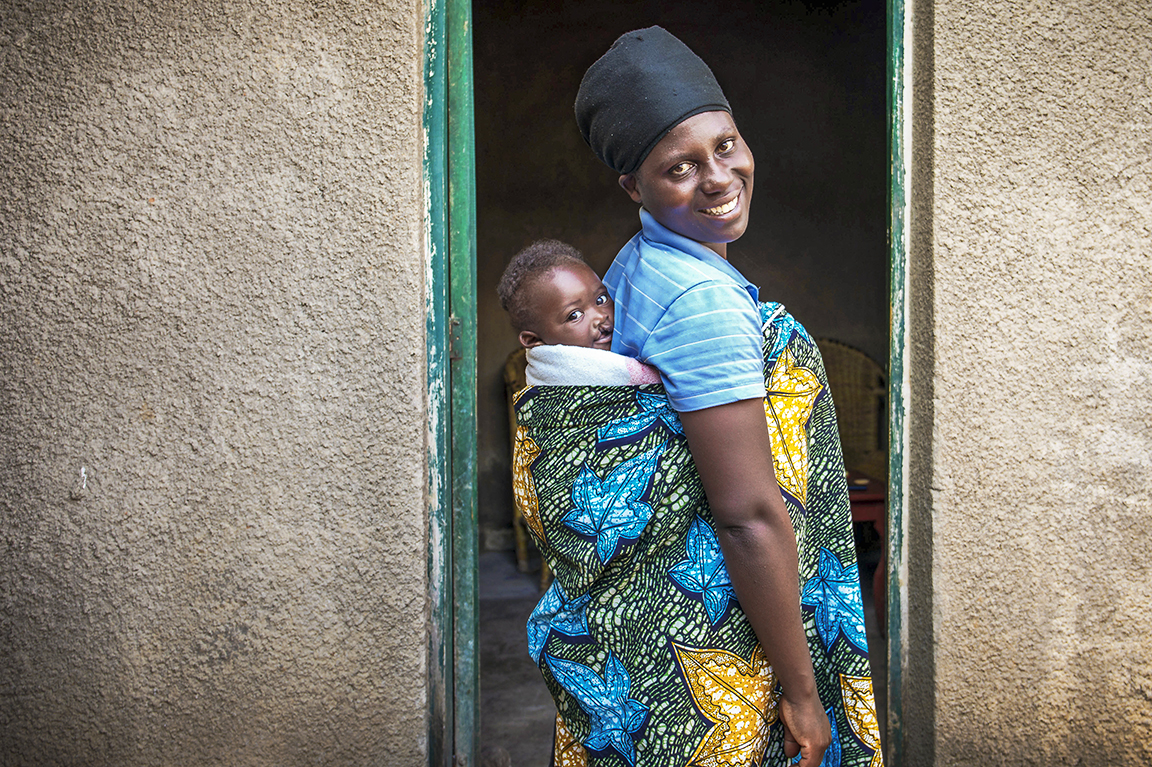
A New Way of Working
Cleft conditions are especially troubling in under-resourced countries like Rwanda, where Adolphe lives, which doesn’t have enough surgeons to perform the one-to-two-hour surgery. “In well-trained hands, these surgeries are not challenging,” says Dr. Faustin Ntirenganya, a reconstructive plastic surgeon with Operation Smile in Rwanda, “but we [in Rwanda] are lacking surgeons and sometimes we are lacking teams around the surgeons like nurses and anesthesiologists.”
Enter Operation Smile. For the past 42 years, Operation Smile surgeons have operated on more than 400,000 patients in 37 countries, expanding access to essential surgeries and health care, starting by providing children with life-saving surgeries and comprehensive care for cleft conditions, free of charge.
Today, Operation Smile, in partnership with Microsoft, is changing the way it works by leveraging advances in AI. In remote areas where there’s a shortage of cleft professionals, AI allows Operation Smile to bring the expertise of thousands of surgeons to that location to improve the quality of surgery. For every patient that Operation Smile works with, the team takes before and after pictures of their faces, in an effort to evaluate the results and learn how to improve care. They capture tens of thousands of images of faces every year; the volume was so high that they didn’t have enough surgeons to look at every single photo and classify the results.
AI for Good
Operation Smile partnered with Microsoft in an initiative called AI for Good and developed algorithms to determine the severity of the cleft disease based on its data. Soon, medical staff could categorize what type of results they would get depending on the severity of the cleft lip.
“Much of plastic surgery is subjective,” says Dr. Caroline Yao, plastic surgeon and SVP of patients and evaluations at Operation Smile. “Every surgeon may give you a different opinion about what they think of the result. But an objective answer we get from AI can bring all the practitioners’ opinions together.”
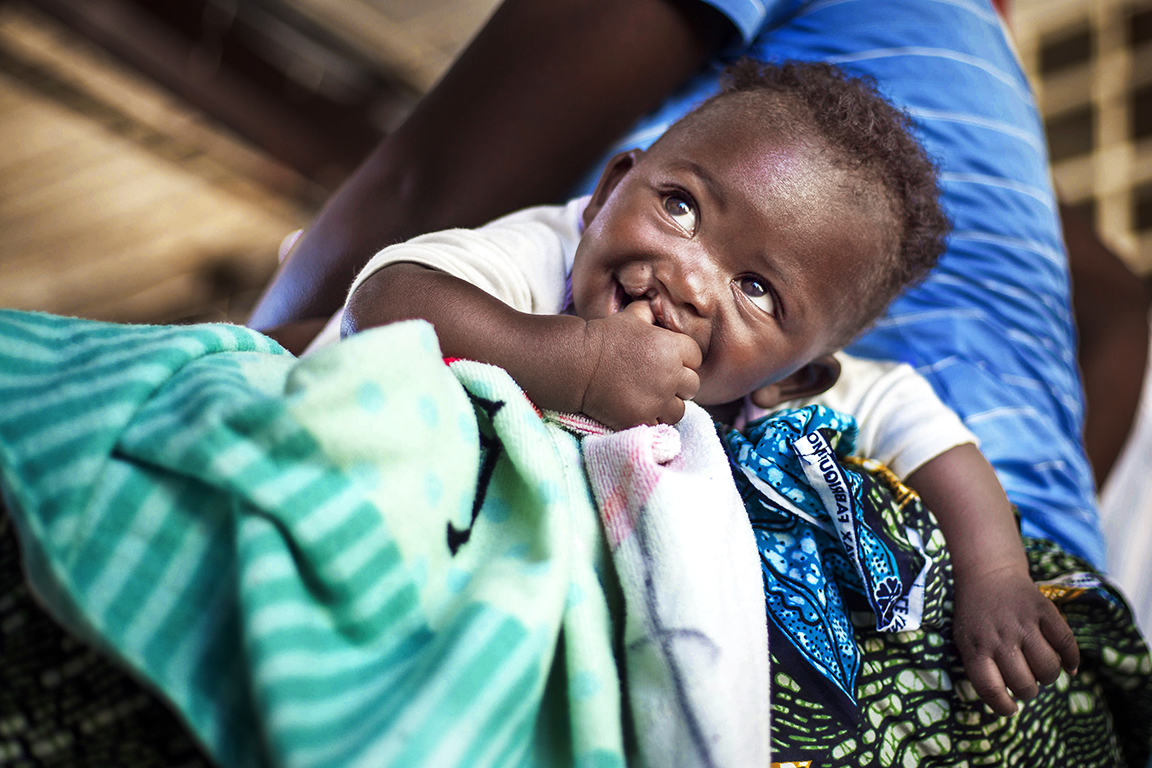
Operation Smile now uses AI for after photos of cleft lips and palates as well, to help determine the quality of their results. “This is extremely important as we want to provide the gold standard of quality for all patients,” says Yao. The program can also highlight the surgical talent in the Operation Smile network. “It also helps us identify surgeons who can become future educators for us,” Yao shares.
As seen in the mini documentary “Beyond the Code,” Operation Smile is currently piloting the use of AI in surgical assessments globally.
A Beautiful Smile
Adolphe’s family traveled from their small village to the hospital in Musanze, Rwanda so that Operation Smile surgeons could provide care for the infant.
“I was excited to see my son after the surgery without the cleft lip,” said Twitegurumukiza Josue, Adolphe’s father. Adolphe’s face lit up when he looked at his parents. “I can’t thank the doctors enough for what they did for us today,” says Nikuze. “What they did is the best gift you can’t get from anyone else. Our child will be drinking, eating and smiling without any issues.”
Learn more about how Operation Smile is strengthening health workforces in regions around the globe.
